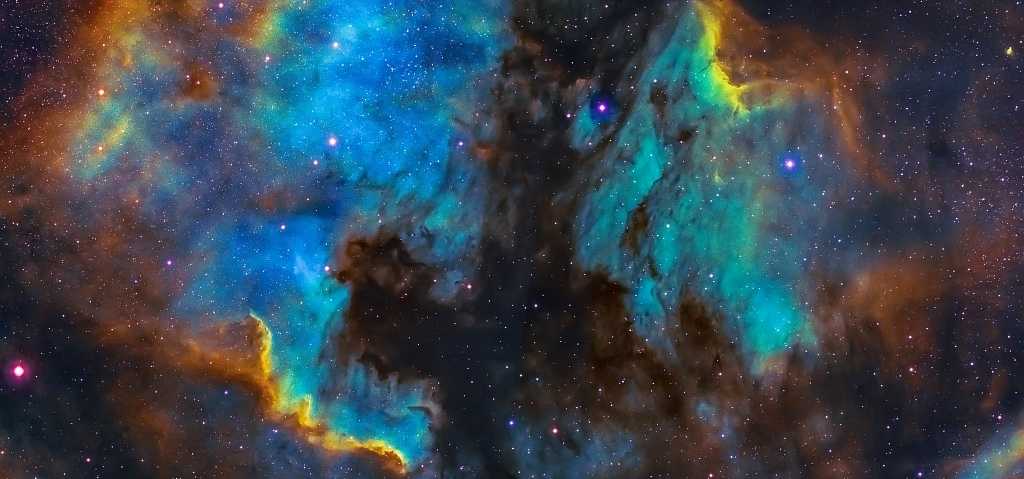Mahat’s Mission
The Greek philosopher Heraclitus said that Nature loves to hide. We agree with his assessment, but we would add that anybody who is actively trying to figure out what it is that nature loves to hide, should have easy access to the results of state-of-the-art scientific astrological research.
The harmony past knowing sounds
more deeply than the known.
Heraclitus
That’s why Mahat intends to
- do astrological research to the highest scientific standards, focusing on (publicly available) Big Data;
- raise awareness in the astrological community about the potential of Big Data-powered research;
- raise awareness in the broader scientific community about the kind of results we’re obtaining;
- discuss metaphysical implications of our research.
Why Big Data?
For many millennia, Homo sapiens has practiced astrology. We have a long history of observation, but unfortunately there’s no single coherent theoretical framework for astrological phenomena, that the international – and very diverse – astrological community can agree upon. While it is relatively easy to define a theoretical framework purely for astro-scientific purposes, it is harder to gather and analyse relevant, high quality data in a neutral, objective way. This is where (publicly available) Big Data and AI come in.
Minor planets
Most (scientific) astrologers work with traditional variables like planets, aspects, zodiac signs and house divisions. In addition, Mahat also seeks to leverage the power of minor planets, or asteroids. There are thousands of named minor planets: a natural match for the Big Data-approach.
